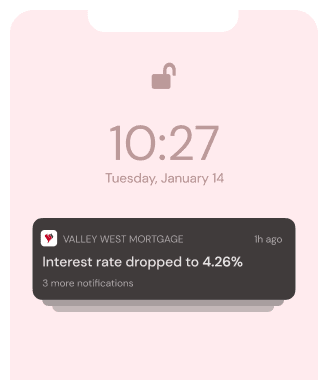What is Debt To Income
Your debt to income ratio or DTI, is a figure that allows a lender to analyze your monthly spending habits. They use your DTI to determine how you manage your money.
You want your debt to income to be as low as possible to ensure that your chances of being offered a lower rate is better.
How much debt do you have this month?
Think about all of the bills you have to pay for the upcoming month.
- Now divide that number by your gross monthly income.
- The resulting figure is your percentage of debt to income.
For example, Brandi pays $720 monthly for rent, $235 monthly for her car note, $200 monthly for her car insurance, and she makes about $100 monthly in credit card and utility bills. Brandi earns $4000 every month before taxes. So if we add up Brandi’s debt expenses and divide them by 4000, we get approximately 31%.
An article from consumerfinance.gov recommends keeping your debt to income ratio below 43% based on evidence from studies on mortgage loans. So when our friend Brandi is ready to move from her apartment into a new home, the bank will be eager to get things started for her, knowing that her debt to income ratio is low and that she has the ability to repay her loan.
Debt to income factors
Another factor that can help your debt income ratio is paying your bills on time and in full. Most banks offer the option to have money from your account wired directly to the institution you wish you pay. You can even customize the time and date that the wire will be released. As a result, before applying for a mortgage loan be sure that the job you are currently holding will provide you with the means to pay your current bills and a house payment.
Higher income means more flexibility to play around with financing options. What lenders don’t want to see is that you spend six months at every job and then bail. It shows instability and lenders won’t be so open to lending their money to someone who is in the business of making risky decisions by jumping from job to job.
Be sure to use that steady job to help build your savings. Why? Because of a thing called a Cash Reserve. Your cash reserve is your safety net. Money that you have saved up between your bank accounts will be evaluated by your lender. This extra money lets the lender know that if you fall on hard times or your expenses for some reason go up, you will still have the money to pay your household bills and still make regular payments on your loan, therefore keeping your DTI constant.
What lenders typically look for is a cash reserve that will hold you over for two or more months, so be sure to pad those savings accounts.
The impact of student loan debt
A meaningful proportion of current student loan borrowers will likely be flirting with a risky DTI just from student loan debt. 16% of Student Loan Borrowers Will Likely Have a DTI Over 20% Just From Student Loans. Below shows sample data from Lendedu: 10,000 pre-qualification applicants used.
The above statistics derive from proprietary data provided to LendEDU by student loan lender Funding U. DTI ratios for nearly 10,000 pre-qualification applications for private student loans were calculated by Funding U using metrics like projected first year salary, projected student loan debt upon graduating, and projected monthly student loan debt payments
Debt to income is an important factor when applying for a home loan. Be sure to take this critical component into consideration when you go to speak with your lender.
